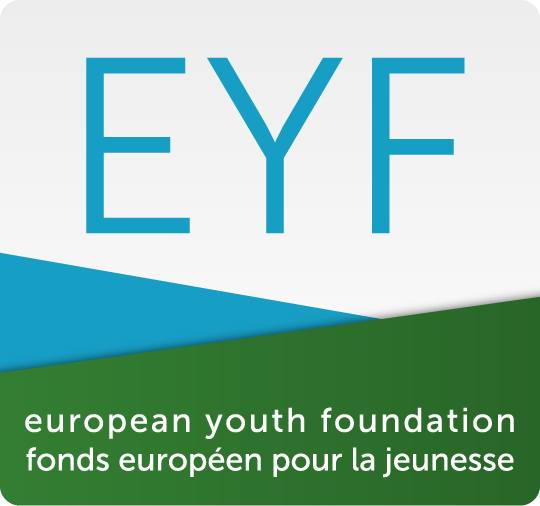My name is Jan Stola. I am the co-ordinator and president of the foundation “Youth Organisations for Drug Action” (YODA).
Why did you organise this activity? How many participants are attending?
Our aim is to increase the qualification of the participants who are young people working in the NGOs that are involved with youth in the field of drugs. Through this, we hope to improve the situation of young people who are using drugs or at risk of being affected by drug use.
We have 30 participants from 12 different countries: Serbia, Montenegro, Bosnia and Herzegovina, Romania, Poland, UK, “the former Yugoslav Republic of Macedonia”, Slovakia, Poland, Albania, Bulgaria and Hungary.
We really hope that the participants will truly use the knowledge and skills they gained during this workshop and transmit it to young people they work with. It is not like we are thinking that teenage problems from one of the participating countries will memorize what the European Charter of Human Rights is saying but rather that the participant will better know how to use this tool.
Why did you select that topic?
We do similar activities several times a year on different topics but they are all about social inclusion because generally people who use drugs are socially excluded or at risk of social exclusion. We want to prevent it or at least improve their situation.
Is it the first time you are organising such an international activity?
It is not the first time we are organising seminars linked to this issue. We organised various similar meetings in the last 3 or 4 years. However, this is the first one where we are focused on European laws that can be applied to protect young people affected by drugs or drug policies.
Is it the first time you draft recommendations after your seminar?
No, we usually try to translate the outcomes of each activity to a form that can be provided to policy makers and other stakeholders, yet this is the first time we are focused on this particular topic. For the last 2 years, we gained enough profile to be able to influence the policy makers. We always draft recommendations in order to give the participants a voice and to reach the policy makers. But it is the first time we are drafting recommendations on this specific topic on social inclusion. Last year, we organised a series of workshops on more technical aspects of work with young people in the field of drugs, such as street working or volunteer recruitment, while in this activity we explored the topic from a policy perspective – how can more youth-friendly drug policy be shaped, how we can utilize existing legal tools in our work etc.
What impact does your activity have on young people?
The way we can measure the impact is always in a similar way. To evaluate the activity we ask participants before the workshop begins how do they see their skills and knowledge in the areas related to the topics we deal with in this workshop. Then we asked them again after the workshop. And then about 3 months after, we ask them and their organisations how they are able to put it into their work with young people. We also monitor if the recommendations we created for other stakeholders were somehow implemented.
What do you think about the EYF support? What can be improved?
The online system was quite confusing in the beginning, especially getting used to communicating with the EYF team through system comments instead of regular emails. It’s obviously easier for us now, after using it for few months, but for new grantees and applicants it may be useful to have an instruction video or animation, that would explain how the system works.
Another thing is that it would definitely be good to work with just one programme officer from EYF staff, instead of multiple people. Since people that were contacting us regarding the project were changing, we sometimes had to explain the same things again and again. Also, I believe it would be easier for EYF too, because each time the person responsible for contact with a particular grantee is changing, she/he needs to go through whole project application and previous messages, which takes quite a lot of time I assume. Working constantly with just one person also allows to build more trust, mutual understanding and simple sympathy, between the sponsor and beneficiary.




